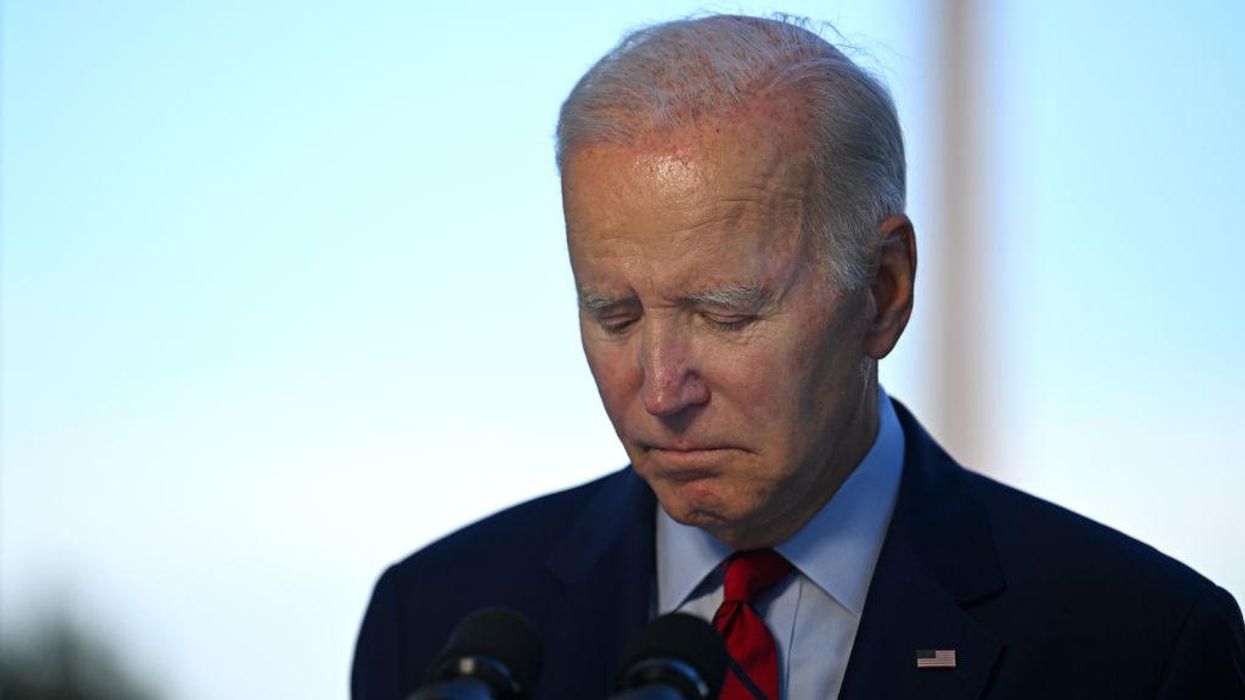
Photo by Jim Watson-Pool/Getty Images

As inflation continues to spiral, Americans are finding it difficult to save
A new report from PYMNTS and LendingClub paints a bleak picture of America’s economic state. According to the report, 61% of Americans — about 157 million adults — lived paycheck to paycheck as of June. That’s up from 58% who reported living paycheck to paycheck in May, and up from 55% a year ago.
“Last summer, we were all worried about how quickly the economy would recover. Now, as inflation continues its upwards swing, consumers are finding it more difficult to manage spending and are eating into their savings as financial pressures mount,” said Anuj Nayar, LendingClub’s Financial Health Officer, in a news release.
Nayar also noted that consumers are not yet slowing down their spending habits, despite the rise in the costs. “Not only is it going to be difficult for them to handle future emergency expenses, but even foreseen payments like education, student loans, or housing expenses may be harder to balance for the everyday American consumer,” Nayar said. An estimated 13% of American consumers reported spending more than they earned in the past six months. Because of these trends, average savings are falling quickly. According to the report, average savings saw a decline from $11,724 in May 2022 to $10,757 in June 2022.
Bank of America has noted that living paycheck to paycheck doesn't necessarily mean that someone is barely able to afford necessities. It can also mean that a household is simply spending a large majority of its income on ordinary expenses.
Lower-income households, which tend to spend a higher percentage of their budget on energy and transportation costs, have been hit particularly hard by recent inflation in those categories.
Even high earners are not immune from this trend: The report states that, “though lower incomes generally correlate with financial distress, 36% of consumers who annually earn $250,000 or more live paycheck to paycheck.”
Average hourly earnings are up 5.1% from a year ago, but prices have been rising even faster, meaning bigger paychecks aren’t making up the difference for bigger costs. To make matters worse for American workers, there are also signs that wage growth is slowing significantly.
As the Federal Reserve continues its attempts to battle inflation, it announced last week its second consecutive 0.75 percentage point interest rate hike, increasing the federal funds rate to a target range of 2.25 to 2.50%. Federal Reserve officials continue to signal more possible increases.